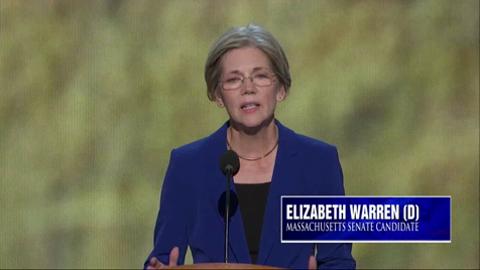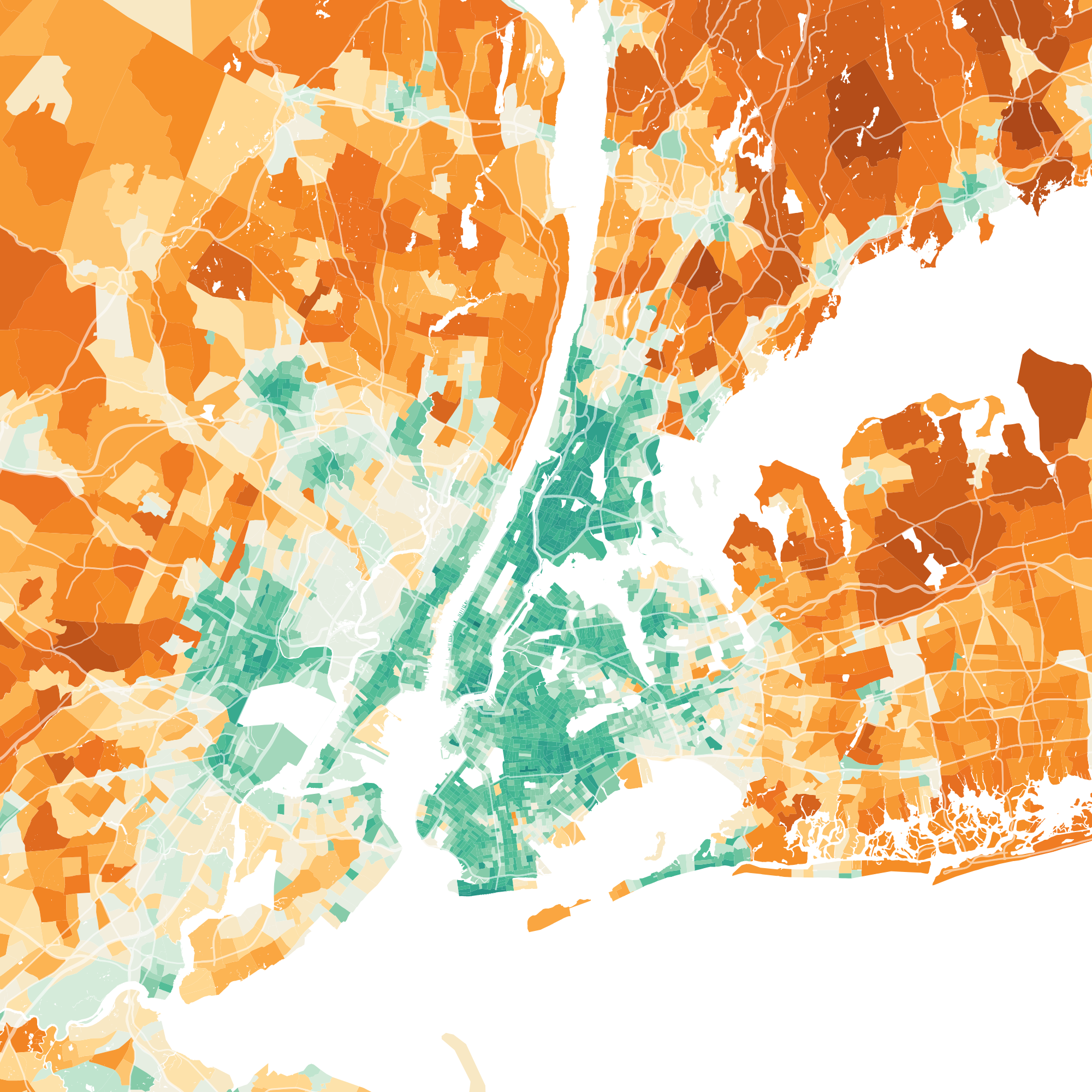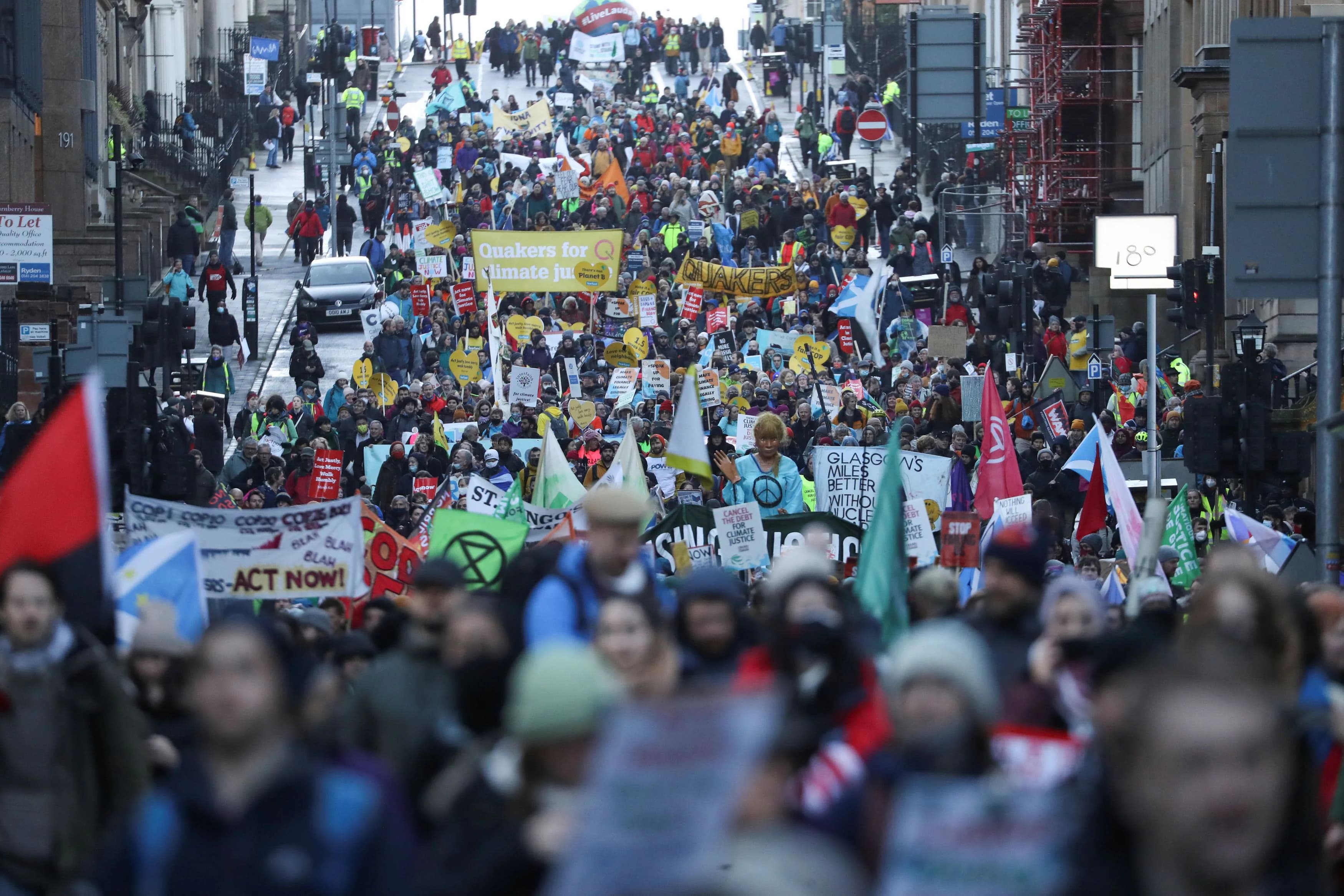Low-Income Communities Face Economic Crisis
The recent analysis reveals a staggering reality: climate change mitigation policies are set to cost America"s low-income populations an estimated $100 billion by 2030. This figure, derived from a comprehensive examination of environmental justice and climate change policies, highlights a grim truth—those who have contributed the least to climate change are bearing the brunt of its consequences.
Federal Inaction Fuels State-Level Conflicts
With federal climate policy mired in gridlock, states have taken it upon themselves to enact significant climate initiatives, as reported by Basseches (2022). However, these state-level actions often lack a lens of equity, disproportionately impacting marginalized communities. As states like New York enact laws that retroactively impose fines on energy practices, low-income families are left vulnerable, forced to navigate a confusing patchwork of regulations that prioritize corporate interests over human needs.

VIDEO, Part 1: Elizabeth Warren"s DNC Speech | Fox News Video
Public Support for Climate Justice Grows
A recent study by Yale reveals a promising shift in public opinion, with 53% of Americans expressing support for climate justice initiatives. Yet, only 34% are familiar with the term itself. This disconnect illustrates a critical gap in awareness and education about the intersection of climate action and social equity, as highlighted in the Yale study. If we are to mobilize public support effectively, we must not only advocate for policy changes but also educate the populace about the urgent need for equitable climate solutions.
Justice40 Initiative Under Pressure
The Biden Administration"s Justice40 Initiative aims to direct 40% of climate and clean energy investments to disadvantaged communities. However, the initiative faces skepticism amid reports that many states are not implementing it effectively. As we witness climate-induced disasters becoming more frequent and severe, the failure to uphold the principles of Justice40 will have devastating implications for low-income populations already struggling against systemic inequalities.

The Climate Impact of Your Neighborhood, Mapped - The N…
Record Heat and Environmental Injustice
In 2023, the world recorded its hottest year on record, according to NASA. This alarming data underscores the urgency of climate action, particularly for those living in vulnerable communities who lack the resources to adapt. The ongoing rise in global temperatures, as detailed by Lindsey (2022), exacerbates existing inequalities, pushing low-income families further into environmental and economic peril.
The intersection of climate action and social justice is not merely a theoretical discussion; it is a matter of survival for millions across the nation. As the climate crisis escalates, we must pivot from mere acknowledgment of these injustices to actionable policies that uplift marginalized communities. The time for equitable climate solutions is now.

![[Video] Anti-ICE Protester Pepper Sprayed as CBP Agents Disperse Crowd in Minneapolis](/_next/image?url=%2Fapi%2Fimage%2Fthumbnails%2Fthumbnail-1768260677127-y71sb7-thumbnail.jpg&w=3840&q=75)

![[Video] Several injured as U-Haul truck drives through Iranian protestors in Los Angeles](/_next/image?url=%2Fapi%2Fimage%2Fthumbnails%2Fthumbnail-1768176682028-q95y6j-thumbnail.jpg&w=3840&q=75)
![[Video] Scuffle breaks out between Trump supporters and Anti-ICE protesters in Times Square](/_next/image?url=%2Fapi%2Fimage%2Fthumbnails%2Fthumbnail-1768165958203-hgcgb-thumbnail.jpg&w=3840&q=75)


![[Video] Gunfire between Iraqi security forces and Sadr militias in Baghdad](/_next/image?url=%2Fapi%2Fimage%2Fthumbnails%2Fthumbnail-1768343508874-4redb-thumbnail.jpg&w=3840&q=75)
